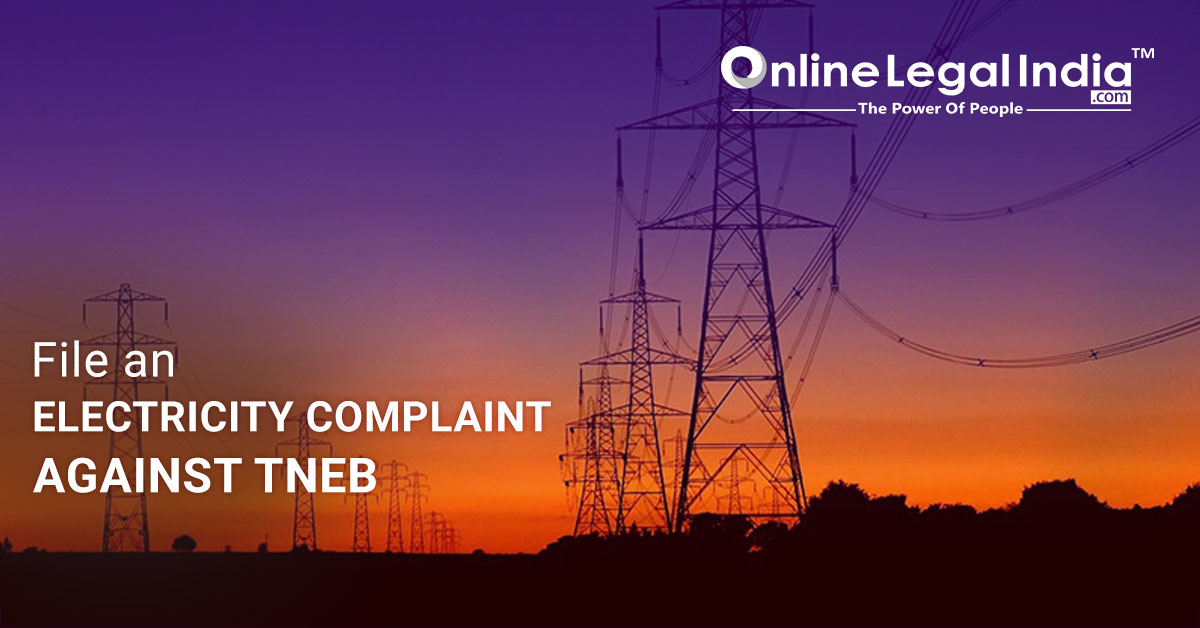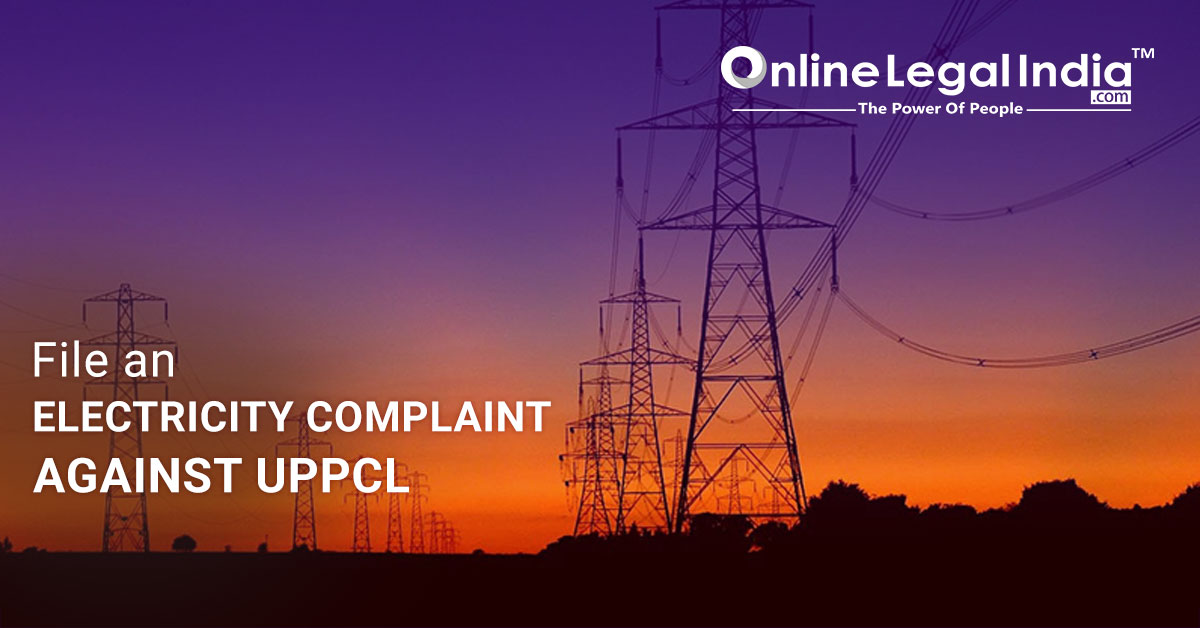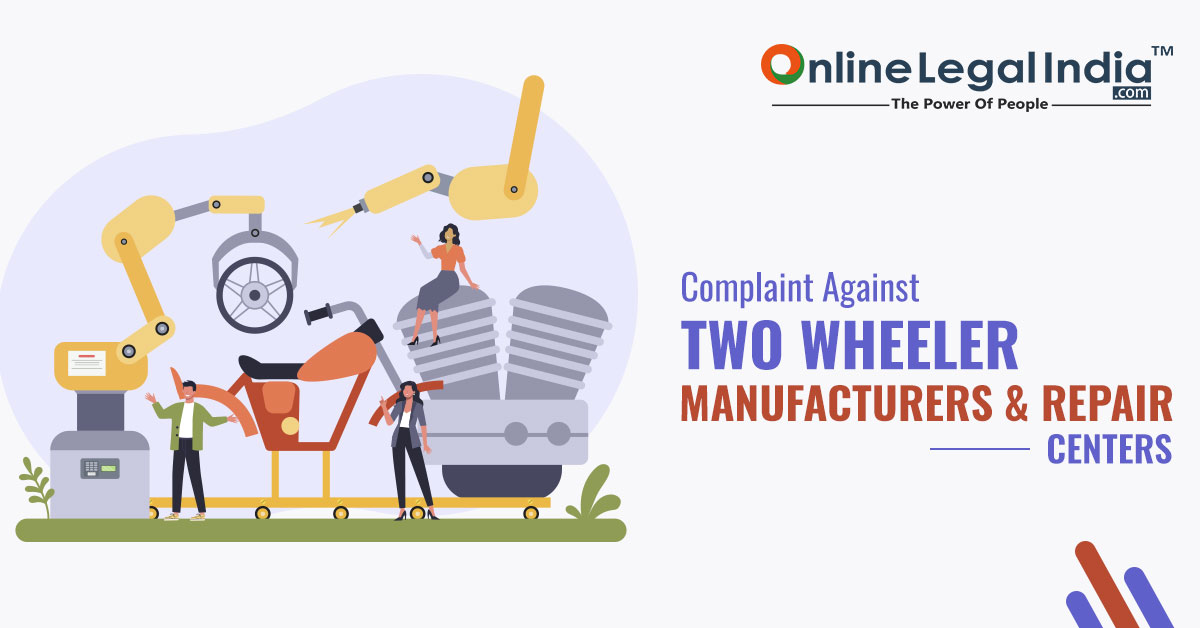Know the Cost to trademark a name and all the fees required
23 Apr, 2024

 By Online Legal India
Published On 09 Jun 2022
Updated On 11 Jun 2022
Category Consumer Complaint
By Online Legal India
Published On 09 Jun 2022
Updated On 11 Jun 2022
Category Consumer Complaint
The Consumer Protection Act is one of the most important laws in India that protects consumers. The Act was first initiated in 1986 and then amended in 2002 by the Consumer Protection Amendment Act of 2002. In this blog, we will look at the protection provided to consumers by the Act. But before that, we will discuss the meaning of "consumer" and its importance.
Consumers are people who purchase goods and services for their own consumption and not for resale. In other words, a consumer is a person who uses goods and services with the permission of the person who purchased the goods and services. The consumer protection act covers all products and services involving transportation, electricity, banking, insurance, and telecom, as well as e-commerce in the private and public sector.
Consumers play a major role in the growth of businesses and the economy as a whole. Consumer protection laws are concerned with managing the quality of goods and services as well as protecting consumers' interests so that they can make informed decisions. In response to the rapid changes in industry and commerce around the globe, the Consumer Protection Act, 1986 in India was amended with a new wide-ranging law that became valid in 2020, as well as new rules and regulations.
We will discuss the importance of Consumer protection law in India from consumers’ perspective
Under the Consumer Protection Law in India, a consumer can file a complaint in writing in case of
a) Implementation of any unfair or prohibitive trade practise by any merchant or service provider;
b) If the products sold by service providers have more than one defect.
c) Services leased or agreed to be used by him or her having deficiency in any way.
d) The trader or service provider, as the case may be, has charged more than the following amounts for the goods or services mentioned in the complaint:
e) Offering for sale to the general public goods that will endanger life and safety when used.
f) Offering services that, if used, will endanger the public's life and safety.
A consumer complaint may be filed by one or more consumers, a registered voluntary consumer association, the Central or State Government, or the consumer's heirs or legal representatives. If the consumer is a minor, his parent or legal guardian can file the complaint on his behalf. Let us discuss how one can file consumer complaints
1. A consumer can file a complaint either in written format or in electronic mode to the District Collector, the Commissioner of a regional office or the Central Government. If in any way, consumer rights have been violated, a complaint can be filed with the District Forum, the State Commision or the National Commission. In addition, if the consumer who files a complaint is not satisfied with the order passed by a consumer court, he can file an appeal to the high court.
2. The first step in filing a consumer complaint is determining the complaint's territorial and monetary jurisdiction. A consumer complaint can be filed with the District Forum if the claims for goods and services do not exceed Rs 1 crore. A consumer complaint can be filed with the State Commission if the value of the goods and services is between Rs. 1 crore and Rs. 10 crore; if the value of the goods and services exceeds Rs. 10 crore, a consumer complaint can be filed with the National Commission.
3. The next step is to serve the opposing party with a legal or personal notice. Following that, a victim may file a complaint with the appropriate consumer redressal forum. The filing of a consumer complaint is the same for all District Forums, State Commissions, and National Commissions.
Conclusion
The Consumer Protection Act is a positive step in the protection of consumers from the hand of the wrong trader or service provider. It gives them clearly defined rights and a dispute resolution process, which may allow them to resolve their grievances quickly. Online marketplaces and online auction sites, which have always been included under the purview of an "aggregator," have now been included under the purview of this Act, which will place more responsibility on them in terms of the goods and services they sell and provide. To hire a lawyer or to file a consumer case online, visit our website at Online Legal India.

Know the Cost to trademark a name and all the fees required
23 Apr, 2024

How to Register a Brand Name
17 Apr, 2024

How Can You Download FSSAI Certificate?
15 Apr, 2024

Copyright a Business Name Know the Procedure
13 Apr, 2024

Top 10 Law Firms in India
11 Apr, 2024

Consumer Complaint against Tamil Nadu Electricity Board TNEB
30 Nov, 2020

How to Take Legal Action against Mental Harassment in India?
07 Nov, 2020

UPPCL Uttar Pradesh Power Corporation Ltd. Complaint Filing
19 Nov, 2020

How to File a Complaint Online in Consumer Court in India
27 Nov, 2020

Online Complaint Filing against Hero Motocorp
04 Dec, 2020